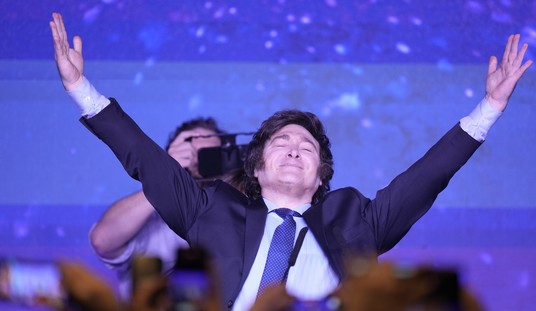
Wilfred Owen is considered one of the greatest poets of the First World War. He was killed in action one week before the Armistice, and his poems were mostly published posthumously. His graphic depictions of war’s horrors mark a change in attitude toward World War I and perhaps toward war in general — a turning away from the idea of warrior glory.
In his most famous poem, Dulce et Decorum Est, Owen tells of watching a man die of poisoned gas in the back of a wagon. The scene recurs vividly in his dreams and he concludes:
If in some smothering dreams you too could pace
Behind the wagon that we flung him in,
And watch the white eyes writhing in his face,
His hanging face, like a devil’s sick of sin…
…my friend, you would not tell with such high zest
To children ardent for some desperate glory,
The old Lie; Dulce et Decorum est
Pro patria mori.
The Latin is from the Roman poet Horace and means, “Sweet and fitting is it to die for your country.”
Is that really a lie, I wonder. The idea that the horrors of war negate its glory has become fairly standard on the left. Indeed, to celebrate soldiers as heroes is sometimes seen by leftists as a criminal seduction. Oliver Stone’s movie Born on the Fourth of July tells the true story of Ron Kovic. The film shows Kovic drawn to warrior heroism by patriotic hometown parades and speeches. When he is paralyzed in action in Viet Nam, he feels lied to and cheated and becomes an anti-war activist.
So, rather than treat warriors as heroes and risk glorifying combat, the left generally treats them as either murderers or victims. Phil Kray writes about this in this weekend’s Review section of the Wall Street Journal. He says when he talks about his Marine service in Iraq, people often respond with pity. After Viet Nam, soldiers were treated with disdain. Kray argues that what these warriors deserve is neither pity nor disdain, but simply respect.
I have never witnessed the horrors of war and so only have reason to support what I say, but it seems to me there is a fault in the leftist logic here. The horrors of war don’t negate a warrior’s glory, they are the source of it. The courage to face those horrors is precisely what makes warrior service glorious. If war were lovely, soldiers would need no more courage than some piddly campus activist pretending to face dangers that aren’t really there while protesting some micro-oppression that doesn’t actually exist.
No, warriors face the real possibility of horrible death and crippling injury. That’s precisely why we admire them, why we glorify their courage. One of Hemingway’s soldier characters complains he “had seen nothing sacred, and the things that were glorious had no glory and the sacrifices were like the stockyards at Chicago if nothing was done with the meat except to bury it.” But it seems to me that to say that sacrifices are horrible is merely to say that sacrifices are sacrifices. In a way, soldiers are the worst people to testify to this. The glory of the sacrifice is not apparent to the soldier; only the horror. But the glory is apparent to us who are stirred by the courage with which the soldier faces the horror in order to keep us safe and free.
I don’t mean to romanticize war; not at all. It’s awful. A stinking waste of humanity, and often useless to boot. But in those moments when war must be fought, when there is no other choice, when freedom or virtue hangs in the balance, the soldier who faces the horrors of war should indeed be glorified for his courage in doing so. The courage to charge into what may become an inglorious slaughterhouse is precisely what makes him a glorious hero to the nation he defends.
Have a good Memorial Day. God bless our troops and our veterans.








Join the conversation as a VIP Member